In the age of streaming, television shows have become more than just entertainment—they have become powerful influencers of travel trends. One of the most striking examples is HBO's hit black comedy-drama, *The White Lotus*, which has not only captivated audiences with its dark humor and gripping plot but also sparked a surge in travel interest to its filming locations. As the third season of *The White Lotus* premieres on February 16, 2025, the phenomenon known as the "White Lotus effect" is more evident than ever.
*The White Lotus* follows the lives of guests and staff at a fictional five-star resort, satirizing the excesses of the wealthy against the backdrop of luxurious settings. Each season takes place in a different location, and the show's influence on travel has been nothing short of remarkable. When it was announced in mid-2024 that Thailand would be the filming location for the third season, global interest in travel to the country soared. Booking platforms reported immediate increases in searches, and airlines like Finnair added extra weekly flights to Phuket. Hotels.com noted a 40% spike in booking interest for the Four Seasons Resort Koh Samui, one of the filming locations.
This trend is not new. The impact of films and TV shows on tourism has been well-documented, from *Lord of the Rings* boosting New Zealand's tourism to *The Sound of Music* attracting visitors to Austria. However, the speed and scale of the "White Lotus effect" are unprecedented, driven by the power of streaming platforms and the immersive nature of binge-watching. According to screen tourism specialist Seren Welch, the influence of film and TV on travel has grown exponentially in the past decade. "Back in 2015, research showed that around one in five people coming to Britain were coming because of something they'd seen on TV," she said. "Fast forward to now, and the latest Visit Britain research shows that nine in 10 visitors to the UK are influenced by what they have seen in film and TV. It's unheard of."
Executive producer Mark Kamine, who started his career as a location scout, understands the impact of filming locations on travel. His new book, *On Locations: Lessons Learned From my Life on Set with the Sopranos and in the Film Industry*, offers a behind-the-scenes look at the challenges and decisions involved in choosing filming locations. For *The White Lotus*, the choice was particularly complex. "Mike White had the idea for something around Eastern philosophy," Kamine explained. "We were looking for what was practical and eye-catching, and to start with, Korea, Philippines, Japan, Bali, and Sri Lanka were in the mix, as well as Thailand."
Ultimately, the decision came down to Japan and Thailand. Kamine and his team visited potential locations to determine which would best reflect the story they wanted to tell. "Mike said that he feels like we've cracked the code," Kamine admitted, "in that we've figured out how to stay in these luxury locations and create great TV. What a life." The choice of Thailand was not just about aesthetics; it was also about the practicality of filming in a location with existing tourism infrastructure. "Anyone who has been to the Four Seasons in Sicily that we used in the show will know that the beach isn't where it seems to be," Kamine said. "Some scenes in season three are shot at one hotel, and some aspects are filmed elsewhere. The common spaces need to have real impact, that's a driver here. Overall, the main thing is that it looks beautiful."
The impact of *The White Lotus* on local tourism is undeniable. The Four Seasons San Domenico Palace in Taormina, Sicily, where season two was filmed, reported being booked out for six months after filming and continues to attract guests seeking a slice of the White Lotus lifestyle. Similarly, the original White Lotus, the Four Seasons Resort Maui at Wailea, Hawaii, saw a 425% uptick in website visits and a 386% increase in availability checks. However, the surge in interest also brings challenges. Kamine notes that while luxury locations like the Four Seasons have the infrastructure to handle increased tourism, there is a risk of overtourism. In Thailand, for example, the popularity of films like *The Beach* led to the closure of Maya Bay due to environmental degradation.
Despite these concerns, Thailand is optimistic about the potential tourism boost from *The White Lotus*. A spokesperson from Tourism Thailand noted that the country is still rebuilding its tourism industry following the COVID-19 pandemic and that the show's release in Thailand's shoulder season is likely to boost tourism numbers in quieter months when there is more capacity.
As the "White Lotus effect" continues to influence travel trends, other shows are also expected to drive tourism. The prequel to *Yellowstone*, titled *1923*, set in Montana, is likely to attract visitors seeking the rugged beauty of the American West. Similarly, the final season of *Stranger Things*, set in Hawkins, Indiana but filmed in Jackson, Georgia, is expected to draw fans to the filming locations. However, these shows also come with their own set of challenges. The Washington Post reported in 2023 that *Yellowstone* has driven tourism to the region but has also brought misconceptions about the weather and the lifestyle depicted in the show.
For *The White Lotus*, the success of the third season has already led to speculation about future locations. While Kamine would not confirm any details about season four, he emphasized the importance of choosing a location that fits the story. "It needs to be somewhere where it's easy to dump a body," he joked, echoing the show's dark humor.
In a world where streaming platforms have transformed the way we consume media, the "White Lotus effect" highlights the power of television to shape our travel desires. As viewers immerse themselves in the glamorous yet dark world of *The White Lotus*, they are also inspired to seek out the real-life locations that bring the show to life. Whether it's the luxurious resorts of Thailand or the historic hotels of Sicily, these destinations become more than just backdrops—they become destinations in their own right.
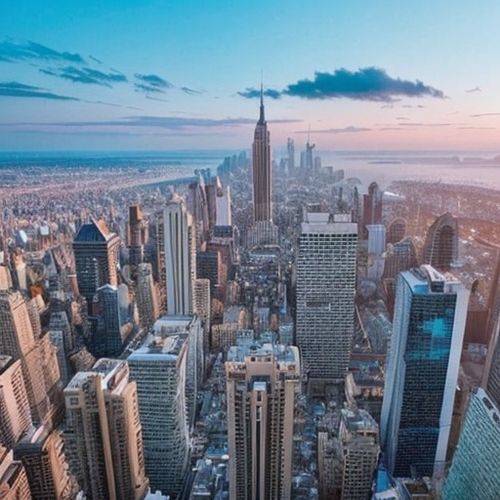
By Noah Bell/Feb 25, 2025

By Natalie Campbell/Feb 25, 2025
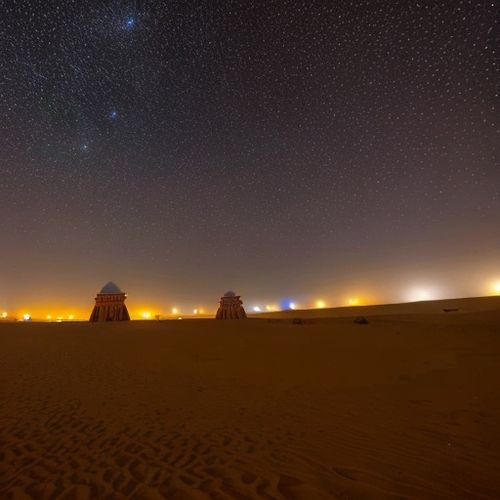
By Laura Wilson/Feb 25, 2025
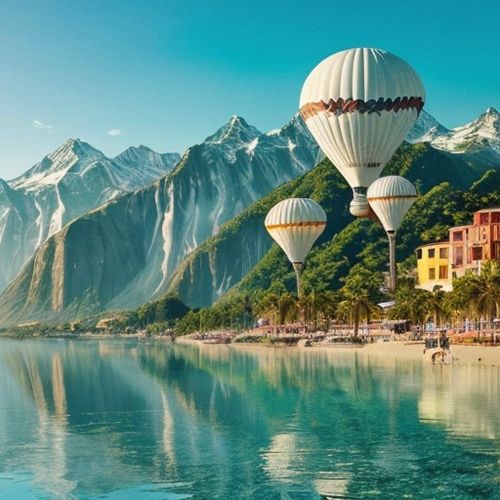
By John Smith/Feb 25, 2025
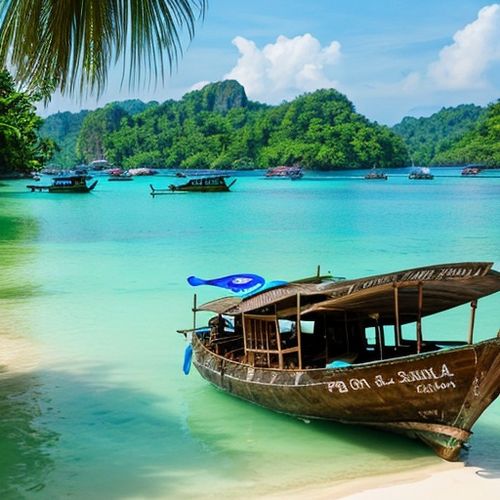
By Lily Simpson/Feb 25, 2025
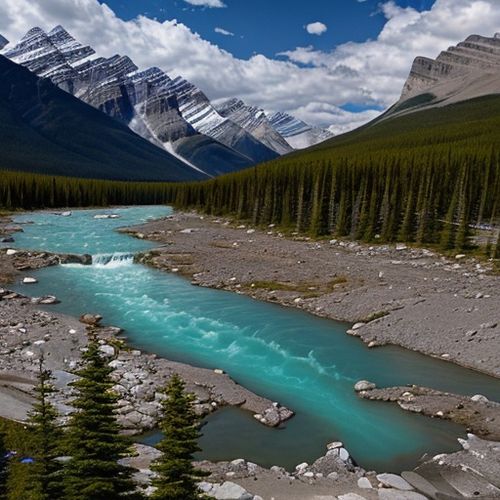
By Jessica Lee/Feb 25, 2025
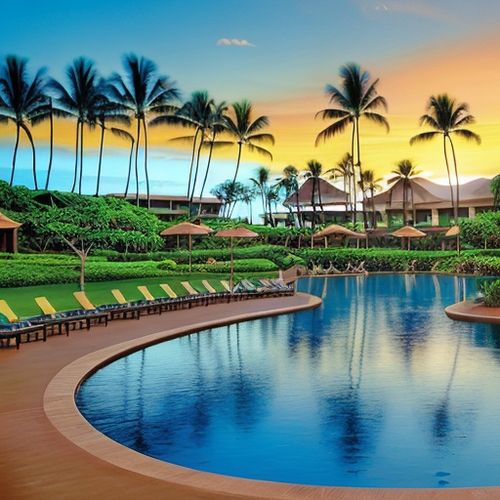
By John Smith/Feb 25, 2025
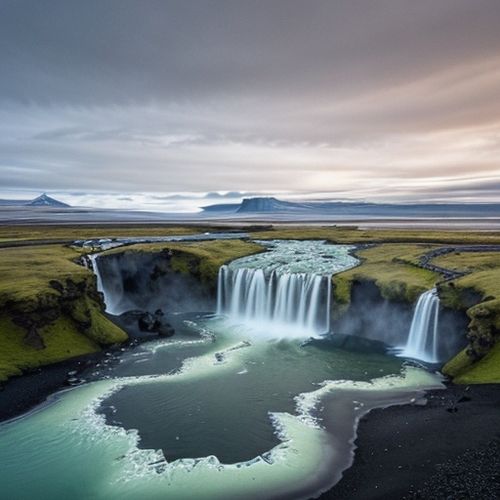
By Rebecca Stewart/Feb 25, 2025
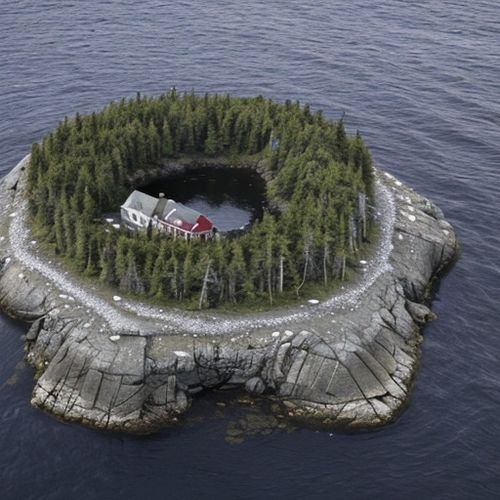
By Rebecca Stewart/Feb 25, 2025
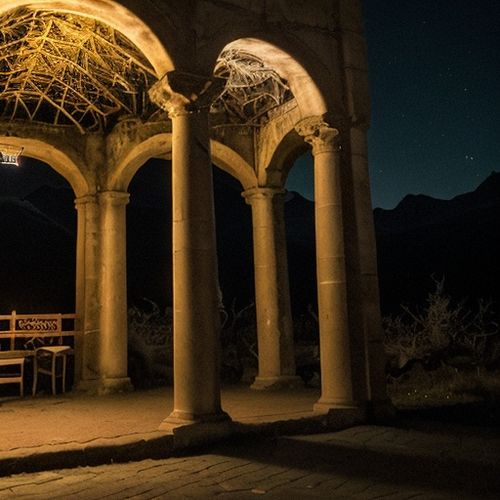
By Daniel Scott/Feb 25, 2025
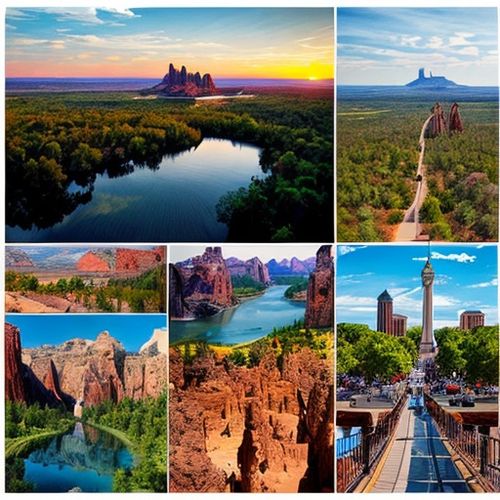
By Ryan Martin/Dec 23, 2024
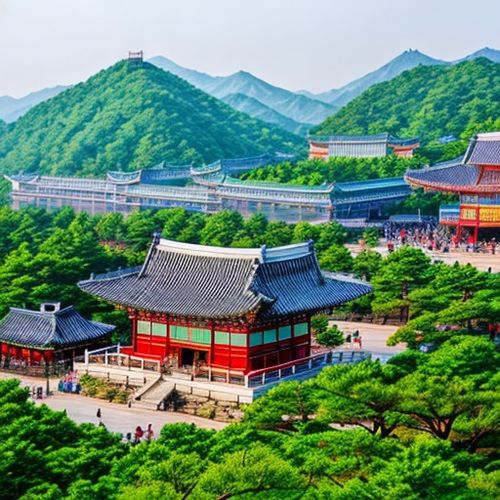
By Emma Thompson/Dec 23, 2024
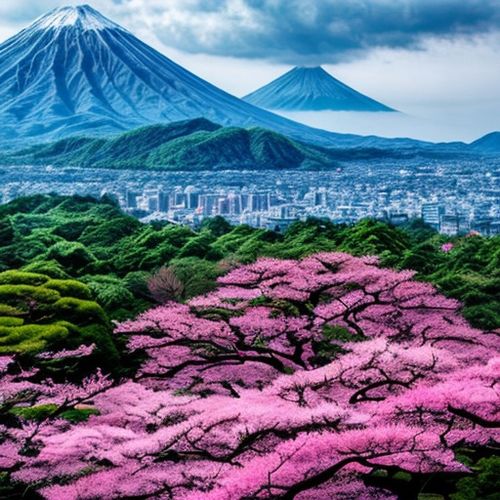
By Sophia Lewis/Dec 23, 2024
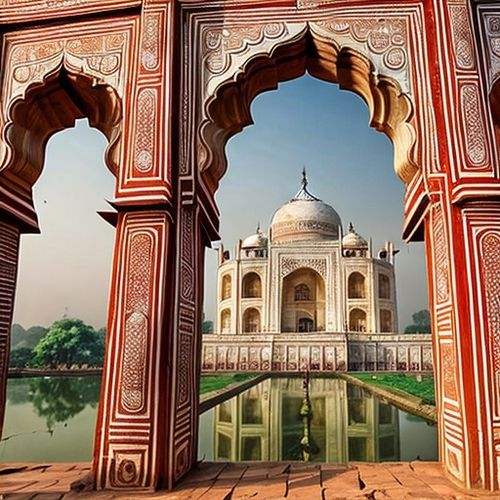
By James Moore/Dec 23, 2024
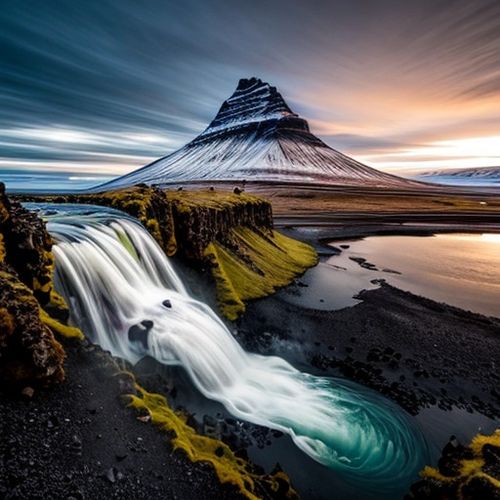
By Benjamin Evans/Dec 23, 2024
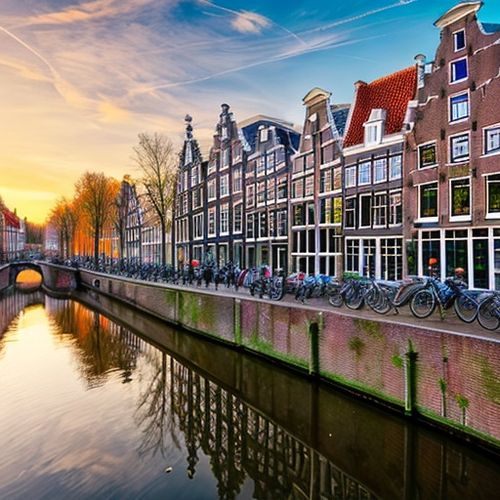
By John Smith/Dec 23, 2024
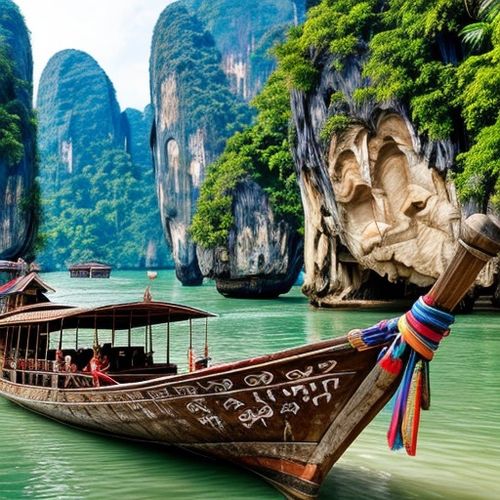
By William Miller/Dec 23, 2024
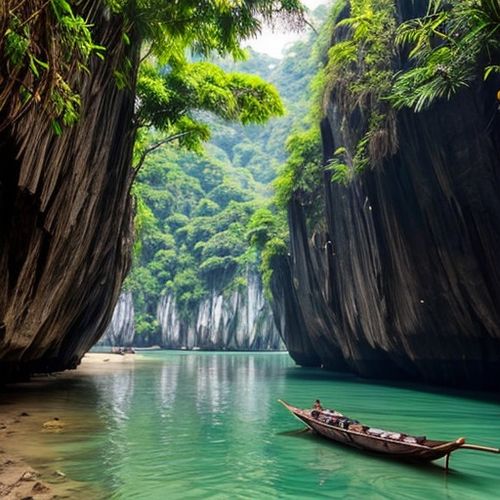
By Michael Brown/Dec 23, 2024